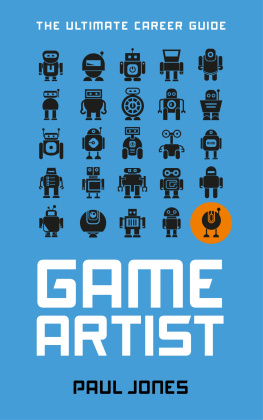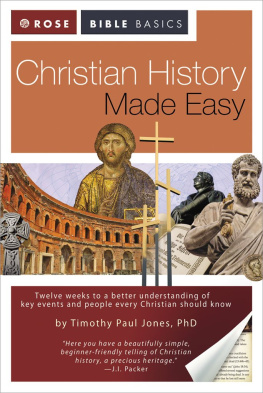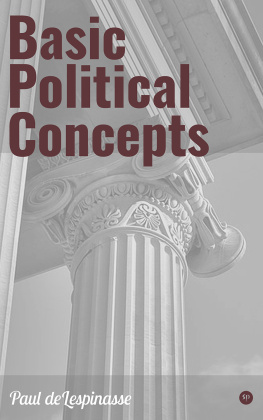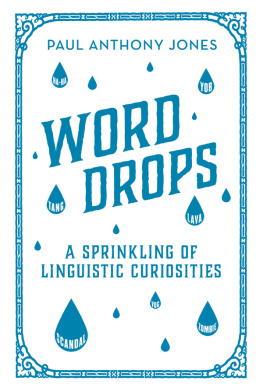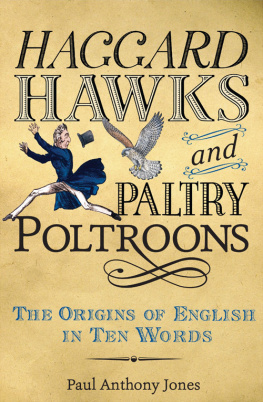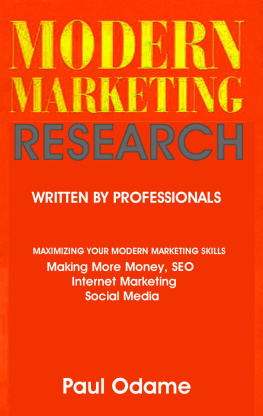Key Concepts in
Media and
Communications
Recent volumes include:
Key Concepts in Journalism Studies
by Bob Franklin, Martin Hamer, Mark Hanna, Marie Kinsey, John E Richardson
Key Concepts in Tourist Studies
by Melanie Smith, Nicola MacLeod, Margaret Hart Robertson
Key Concepts in Sport Psychology
by John M D Kremer, Aidan Moran, Cathy Craig, Graham Walker
Key Concepts in Classical Social Theory
Alex Law
The SAGE Key Concepts series provides students with accessible and authoritative knowledge of the essential topics in a variety of disciplines. Cross-referenced throughout, the format encourages critical evaluation through understanding. Written by experienced and respected academics, the books are indispensable study aids and guides to comprehension.
Paul Jones and David Holmes 2011
First published 2011
Apart from any fair dealing for the purposes of research or private study, or criticism or review, as permitted under the Copyright, Designs and Patents Act, 1988, this publication may be reproduced, stored or transmitted in any form, or by any means, only with the prior permission in writing of the publishers or, in the case of reprographic reproduction, in accordance with the terms of licences issued by the Copyright Licensing Agency. Enquiries concerning reproduction outside those terms should be sent to the publishers.
SAGE Publications Ltd
1 Olivers Yard
55 City Road
London EC1Y 1SP
SAGE Publications Inc.
2455 Teller Road
Thousand Oaks, California 91320
SAGE Publications India Pvt Ltd
B 1/I 1 Mohan Cooperative Industrial Area
Mathura Road
New Delhi 110 044
SAGE Publications Asia-Pacific Pte Ltd
33 Pekin Street #02-01
Far East Square
Singapore 048763
Library of Congress Control Number: 2011921137
British Library Cataloguing in Publication data
A catalogue record for this book is available from the British Library
ISBN 978-1-4129-2821-2
ISBN 978-1-4129-2822-9 (pbk)
Typeset by C&M Digitals (P) Ltd, Chennai, India
Printed in India at Replika Press Pvt Ltd
Printed on paper from sustainable resources
Preface
Our approach to and organization of this book have been strongly informed by a critical engagement with what might be thought of as the founding texts for the key concepts format, the two editions of Raymond Williams Keywords (1976a, 1983b).
For Williams, keywords were a rich public educational resource precisely because they could not be given a single, dictionary-like definition. They were ambiguous because they were still being actively debated. They provided a point of entry for the general reader into conflicts between intellectual traditions. Keywords were the faultlines between the continental plates of fully fledged theories, embedded traditions and popular conventions of usage. Williams was particularly drawn to words that had apparently conflicting academic and popular meanings, such as tragedy.
To overstretch our geological metaphor, some keywords might suddenly erupt into prominence, so becoming a word on everyones lips that appeared to be borne by subterranean forces of social change, somehow being felt without having yet been fully recognized, analysed or publicly discussed. Culture was the classic case for Williams. Globalization might be the most recent example today. Other entries included in this book easily fit this profile popular, tabloidization, for example but many do not.
Not all key concepts have the popular resonance of globalization. They may have been coined and circulated only within academia, often as attempts to provide rigorous clarification of contested keywords. We are also used to thinking of a concept as having a greater level of precision than a word. While this could still be argued to be the case, one of the major changes in academic life in the 30 years since Williams first published his Keywords is the rising level of uncertainty and scepticism in academic discussion. Even central concepts have not escaped this mounting wave of critical re-examination and reassessment. In short, today, despite the search for rigour, key concepts often have the level of ambiguity of and are as contested as Williams keywords.
A major reason for this uncertaintly is the increasing interdisciplinarity in the social sciences and humanties. This is especially the case within the field of media and communications, perhaps the leading example of such interdisciplinarity in the last 30 years. Accordingly, we have sought to provide, where possible, accounts of the disciplinary sources of some taken-for-granted entries, such as influence.
Our first principle of selection has been the centrality of the concepts to the field of media and communications studies. Here we felt one of our chief tasks was to strike a balance between old and new concepts, as well as old and new media.
Not far behind for us, however, is our second selection criterion, which is that the concepts provide a useful entry point for discussion of central concerns because of their contested status. Such contestation might also arise when there is a choice between two related concepts. Should we speak, for example, of the media coverage of the discourse or ideology of neoliberalism? Alternatively, the contestation may arise because one concept is the site of differing usage claims for example, medium, articulation.
Intellectual traditions and media theories are mainly addressed by elaborating on the key concepts rather than looking at them in their own right. We do not have entries on structuralism or political economy, but we do for sign and capitalism. The exceptions to this tendency for example, postmodernism and deconstruction have been included because they have effectively become keywords in Williams sense. That is, they have managed to reach a much broader audience and are probably already familiar to many students and general readers.
Of course, Williams not only provided us with a key concepts template in Keyword, she also made major contributions to the fields of communications and media studies. In fact, these two dimensions are closely linked. Keywords historical semantic method was critically engaged with the linguistic and cultural turns that have featured prominently in all fields of humanities and social sciences scholarship, particularly media and communications. We were disappointed to see that a recent updating of Keywords, despite being conducted in evident good faith, had itself curiously set aside this most crucial dimension of the project and so diminished the significance of Williams own theoretical achievements (Bennett et al., 2005; Jones, 2006). So, we tried to keep that perspective in play, not only in terms of how we have framed the presentation of the entries but also in our accounts of Williams contribution to concepts relevant to the linguistic and cultural turns, as seen, for example, with






